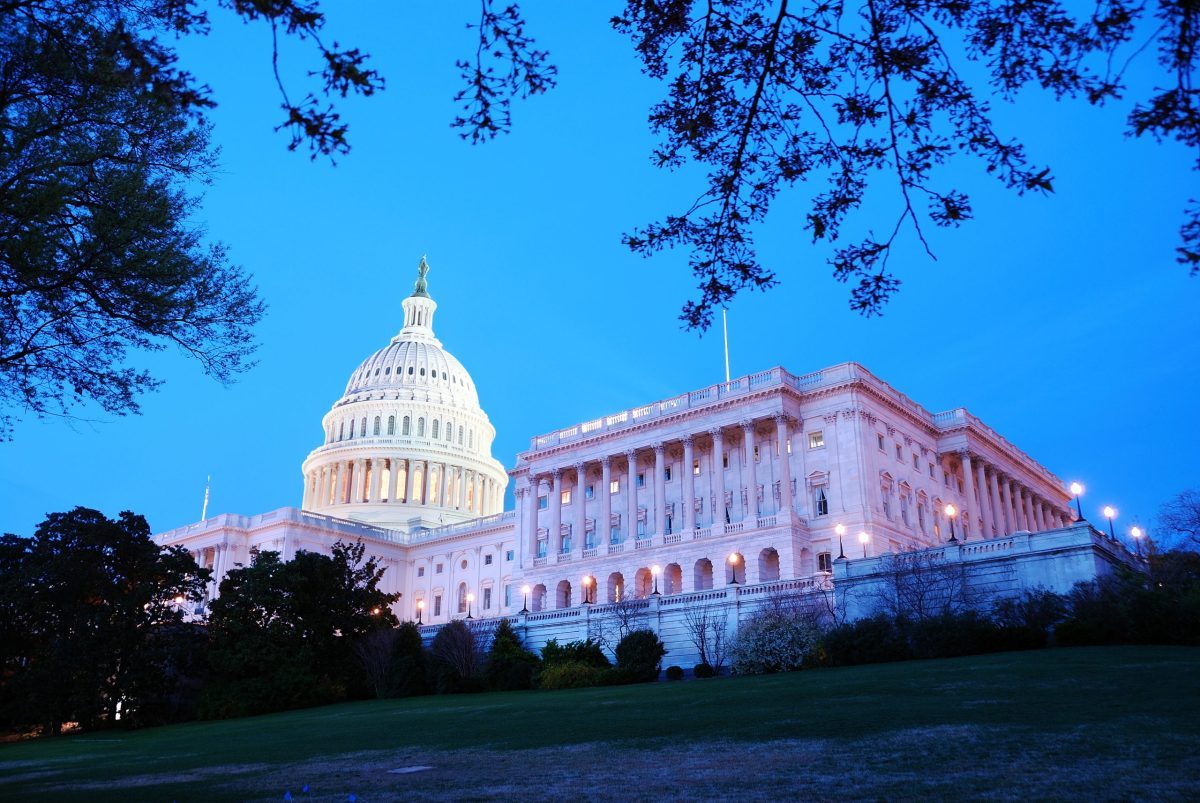If the Supreme Court of the United States (SCOTUS) rules in favor of North Carolina Speaker Moore in Moore v. Harper, the legitimacy of New Mexico’s newly created Citizen Redistricting Committee, an independent, non-partisan body tasked with developing and proposing district maps for state elections.
On Dec. 7, 2022, SCOTUS heard oral arguments in the case Moore v. Harper, docket number: 21-1271.
The case revolves around a new district map for the state of North Carolina drawn after the 2020 census. The new district map was challenged in a North Carolina state court as a partisan gerrymander and, in February 2022, the North Carolina Supreme Court struck down the map.
North Carolina lawmakers then asked SCOTUS to block the North Carolina Supreme Court’s decision and allow the alleged gerrymandered map to go into effect in time for the 2022 national mid-term elections.
The Court declined that request with Justice Brett Kavanaugh saying, “the applicants are asking this Court for extraordinary interim relief — namely, an order from this Court requiring North Carolina to change its existing congressional election districts for the upcoming 2022 primary and general elections. But this Court has repeatedly ruled that federal courts ordinarily should not alter state election laws in the period close to an election (Ballotpedia, accessed 12/15/2022).”
In March of 2022, the Speaker of the North Carolina House of Representatives, Timothy Moore, filed a writ of certiorari with the SCOTUS and the SCOTUS granted review in June, setting the date of the oral arguments for Dec. 7, 2022. At the time of this publication, the appeal is still pending adjudication before the U.S. Supreme Court.
If SCOTUS rules in favor of North Carolina Speaker Moore in Moore v. Harper, it will set a new precedent for federal election regulation in each state giving sole authority to regulate federal elections to the corresponding state legislature. The attorneys for the appellant in Moore v. Harper are arguing on behalf of a particular legal theory called the Independent State Legislature Theory (I.S.L. Theory), which proclaims that the United States Constitution delegates authority to regulate federal elections within a state to that state’s legislature without oversight from judicial authorities, executive authorities, or other bodies with legislative power such as constitutional conventions or commissions.
I.S.L. Theory claims legitimacy with the Elections Clause of the U.S. Constitution which states “the times, places and manner of holding elections for senators and representatives, shall be prescribed in each State by the Legislature thereof; but the Congress may at any time by law make or alter such regulations, except as to the places of choosing senators (Article 1, Section 4, of the U.S. Constitution).” The principle argument by I.S.L. Theory is that the words “Legislature thereof” refers strictly to the lawmaking body while excluding the state Constitution that governs such a body and the courts that judge the laws.
The 55th New Mexico Legislature passed the Redistricting Act to create a citizen redistricting committee to draw district maps upon every new census in a manner that would not be partisan to one specific political party. If the SCOTUS rules in favor of North Carolina Speaker Moore in Moore v. Harper, the legitimacy of New Mexico’s new independent redistricting commission will be challenged. The new rule will effectively be whichever political party controls the legislature will control redistricting without oversight. Anyone who is familiar with the United States’ history with race relations understands why giving state legislatures sole authority over election regulations is a bad idea. I.S.L. Theory seemingly violates the principle of the separation of powers, that no one branch of government should be more powerful than the others. There is also a clear conflict of interest with legislators drawing the districts that vote them into their positions of power.
Should any branch of government be able to do anything without oversight from another branch?
A recording of the oral arguments for Moore v. Harper is available at the following web address: https://www.oyez.org/cases/2022/21-1271.




